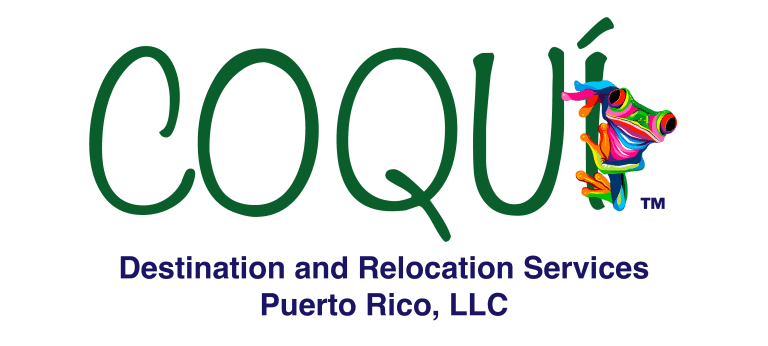Cost of Living in PR
"Choose Coquí and move with ease"
Breaking Down the Costs of Island Living
Curious about the cost of living in Puerto Rico? This guide breaks down essential expenses, including housing, groceries, utilities, healthcare, and transportation. Whether you’re moving to the island or just exploring your options, get a clear picture of what to expect, plus tips on budgeting and saving money while enjoying the Caribbean lifestyle. Plan smart and live well
Most common expenses
Housing & Rent
Puerto Rico offers diverse housing options, from city apartments to beachfront villas. Rent varies widely—San Juan’s upscale areas are pricier, while smaller towns offer budget-friendly options. Expats should factor in HOA fees, property taxes, and potential hurricane-proofing costs when budgeting for housing.
Food
Groceries can be pricier than in the U.S. due to imports, but local markets offer fresh produce at lower costs. Dining out ranges from budget-friendly food kiosks to high-end restaurants. Expats can save by buying locally sourced goods and exploring traditional cuisine, which is often more affordable than imported options.
Utilities & Internet
Electricity costs in Puerto Rico are among the highest in the U.S. territory, making energy efficiency essential. Water is relatively affordable, but power outages can occur, so some expats invest in solar panels or generators. Reliable internet varies by location, with fiber-optic options available in urban areas.
Transportation
Owning a car is almost a necessity outside of San Juan, as public transit is limited. Gas prices fluctuate, and tolls add to commuting costs. Ride-sharing and público vans provide alternatives. Those living in walkable areas like Old San Juan can save by forgoing a vehicle and using local transportation.
Healthcare
Puerto Rico has both public and private healthcare options, with quality care available at private hospitals. Health insurance is necessary for expats, and costs vary based on coverage. Many retirees take advantage of affordable medical services, but specialists and advanced procedures may require travel to the mainland.
Lifestyle
Enjoying island life doesn’t have to break the bank. Beaches, hiking, and cultural festivals are often free or low-cost. Gym memberships, nightlife, and luxury activities can add up, so budgeting for entertainment is key. Expats can save by exploring local events and taking advantage of community activities.
Why Choose Us?
At Coquí Destination and Relocation Services, we help you plan financially for a successful life in Puerto Rico. From housing to daily expenses, we provide personalized cost breakdowns to ensure long-term stability. With our guidance, you can budget wisely, prepare for unexpected costs, and transition smoothly to your new home.

The process is easy!
1
Tell us what you need
2
We'll provide an Expense breakdown
3
Make an informed decision

The cost of living in Puerto Rico is generally lower than in many U.S. states, though it can vary depending on location. San Juan and coastal areas tend to be more expensive, while rural regions are more affordable. Overall, housing, food, and utilities are typically cheaper than in major U.S. cities. For a detailed breakdown of expenses, check out this link.
Rent in Puerto Rico varies by location and size of the property. In San Juan, a one-bedroom apartment may cost between $800-$1,500 per month, while outside the city, rents can range from $500-$1,000 depending on the area.
Groceries in Puerto Rico can be more expensive than on the mainland U.S. due to shipping costs for imported goods. However, buying local products and shopping at farmers’ markets can help keep grocery costs lower.
Utility costs (electricity, water, gas) vary depending on the size of your home and usage. On average, monthly utility bills can range from $100 to $300. Keep in mind that electricity can be expensive, especially with air conditioning use.
Transportation costs depend on whether you own a car or use public transport. Gasoline prices typically range from $3.50 to $4.00 per gallon. Public transportation in San Juan is affordable, with bus rides costing around $0.75, while taxis and ride-sharing services are more expensive.


